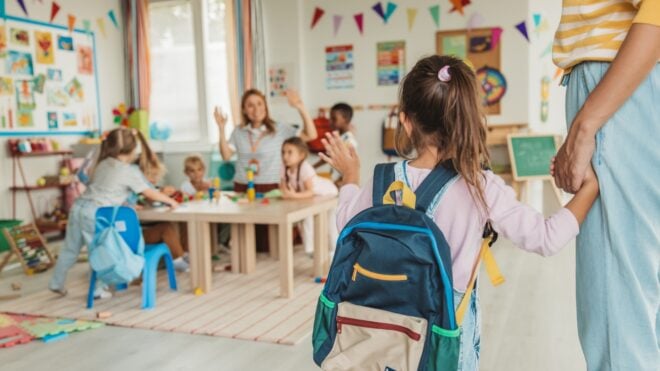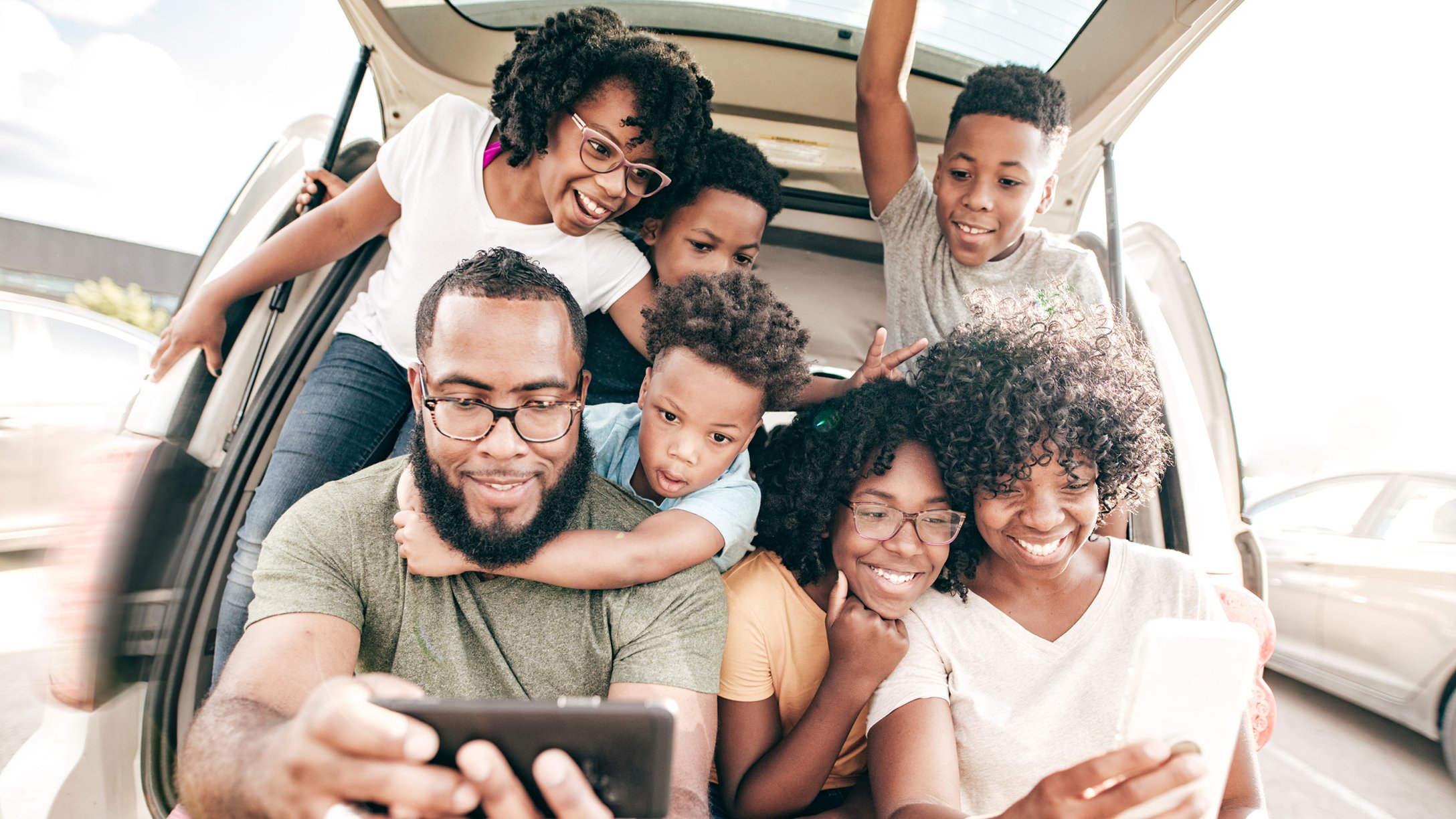
In this article
2020 has been a year unlike any other. Because of the coronavirus, many of us have been locked down for several weeks, working and schooling from home. And now that the country is reopening, it’s no surprise that families are wondering whether it’s safe to embark on that most American summer pastime: a road trip with the kids.
“COVID-19 has upended everything, including American’s vacation plans,” a spokesperson from AAA told Mom.com. “We expect road trips will come back first. Families will be looking for places that are within comfortable driving distances. Outdoor attractions are likely to draw folks, as they provide ability to distance. Also, beaches, national parks, regional attractions — provided they’re open — will likely be popular.”
Road trip during coronavirus
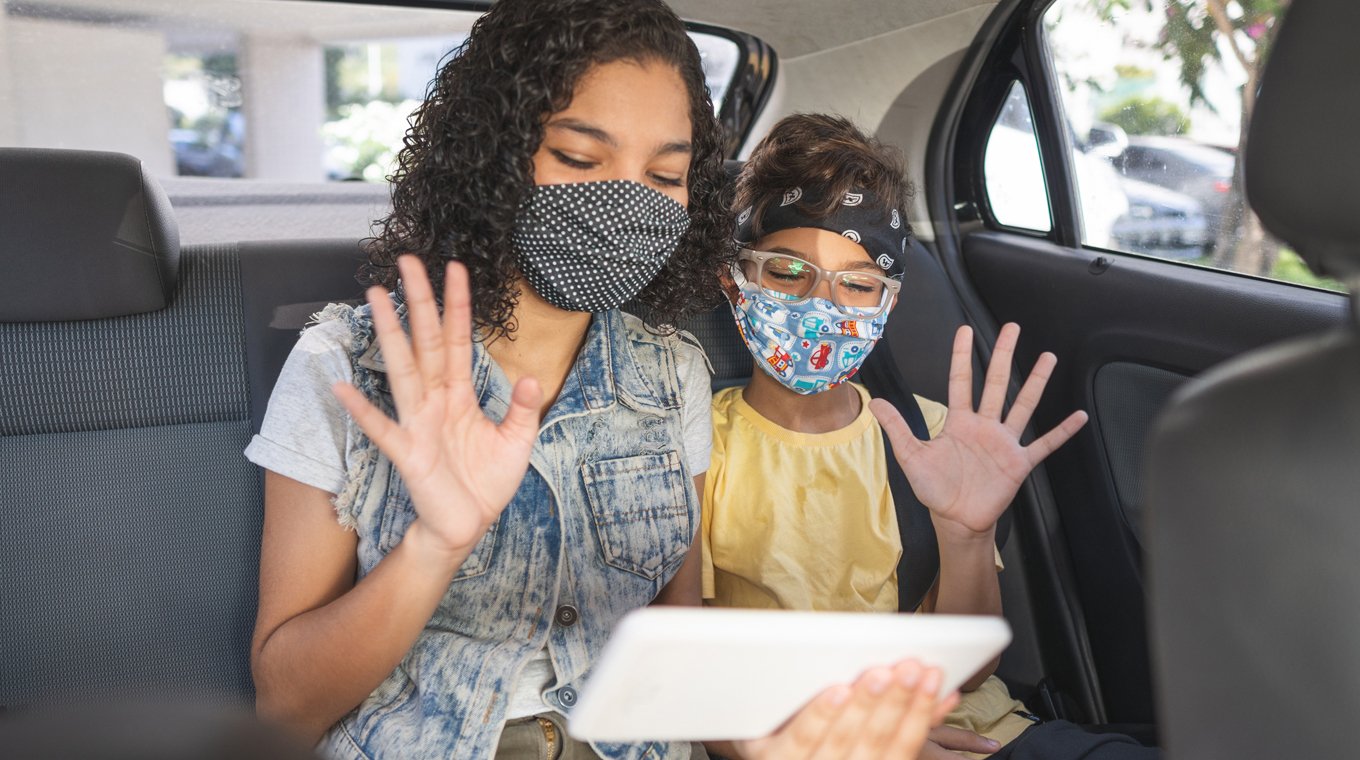
Writer Adam Cohen and his wife have been eyeing travel deals to Europe for their family of five. But the risk of travel in the age of coronavirus has the New York couple thinking of something a little more domestic.
“We’ve also talked about driving to my in-laws in Texas and making a trip out of it,” he told Mom.com. “The pros are leaving our small New York City apartment. Getting to see the open road, eat at some of the best places (not fancy but the local legendary joints — like the best corn dog in Kentucky). A bit of adventure, certainly a little time off their devices.”
However, the presence of the virus requires a little more planning than in the before times. Adam said, “The cons are thinking about public restrooms every four hours on the road. If you have young children, you totally get what I mean.”
Safety when traveling
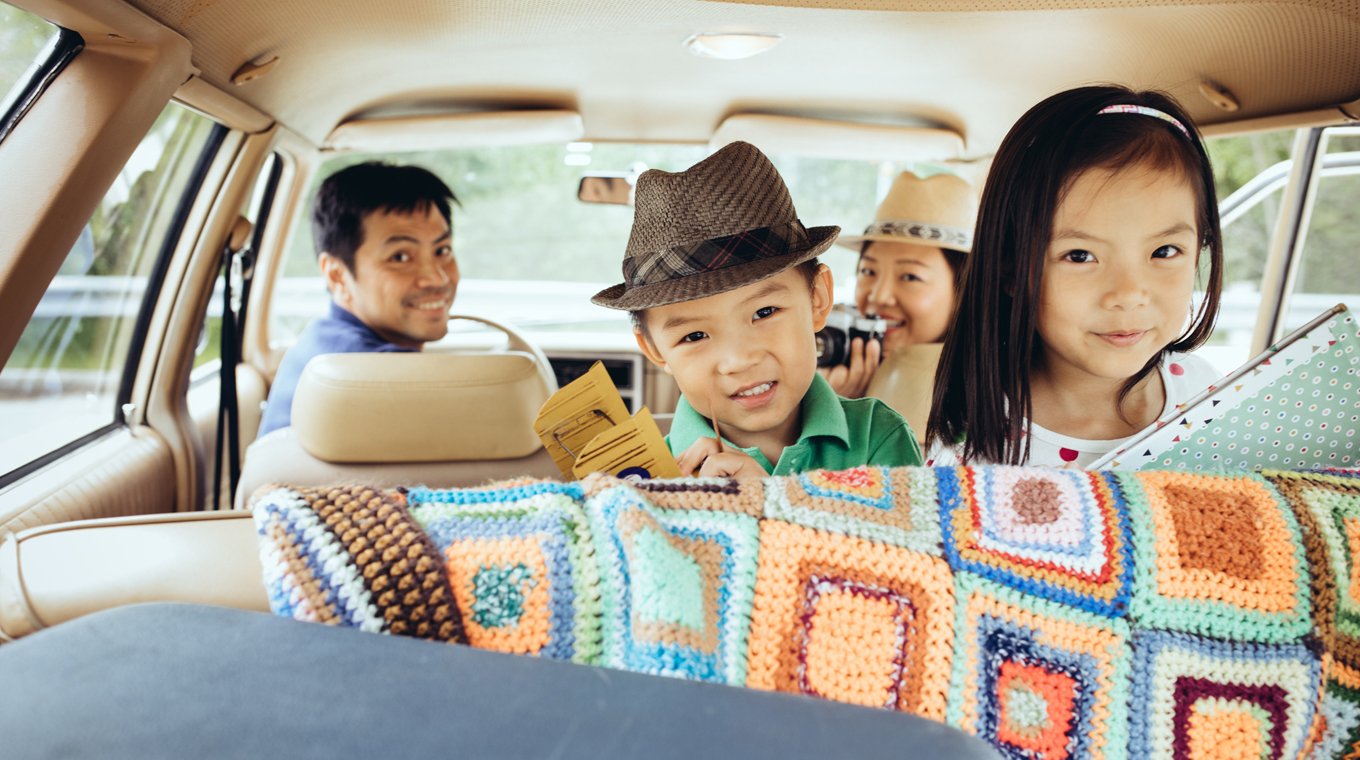
UC Berkeley School of Public Health epidemiologist Dr. Arthur Reingold agrees. "The car is a lot safer than going to the airport and getting on a plane because all we really need to negotiate is stopping for gas or going to the bathroom, and we can take our own food. So we could actually arrive quite safely if you're careful when you make those necessary stops," he told San Francisco ABC station KGO-TV.
Hotels are reopening with new health and cleanliness standards, including reconfigured lobbies and contactless check-in and key systems to promote social distancing, and an emphasis on room service instead of restaurant dining.
Camping is also a good option for a one-household family, as long as you avoid overly crowded campgrounds.
Theme parks are also reopening with coronavirus mitigations, such as smaller crowds, social distancing, frequent sanitizing, and mandatory masks. If you're thinking of visiting, read these precautions from the CDC that — along with the aforementioned guidelines — recommends you only visit parks and recreational facilities close to home.
Before you leave on your trip, you may want to get yourself and family tested for COVID-19. The CDC’s travel advisory page reminds us that you can pick up the coronavirus as well as spread it to others while traveling. And if you get infected while traveling, you can spread COVID-19 to loved ones when you return, even if you don’t have symptoms — so you may want to get tested when you get back, too.
Road trip tips
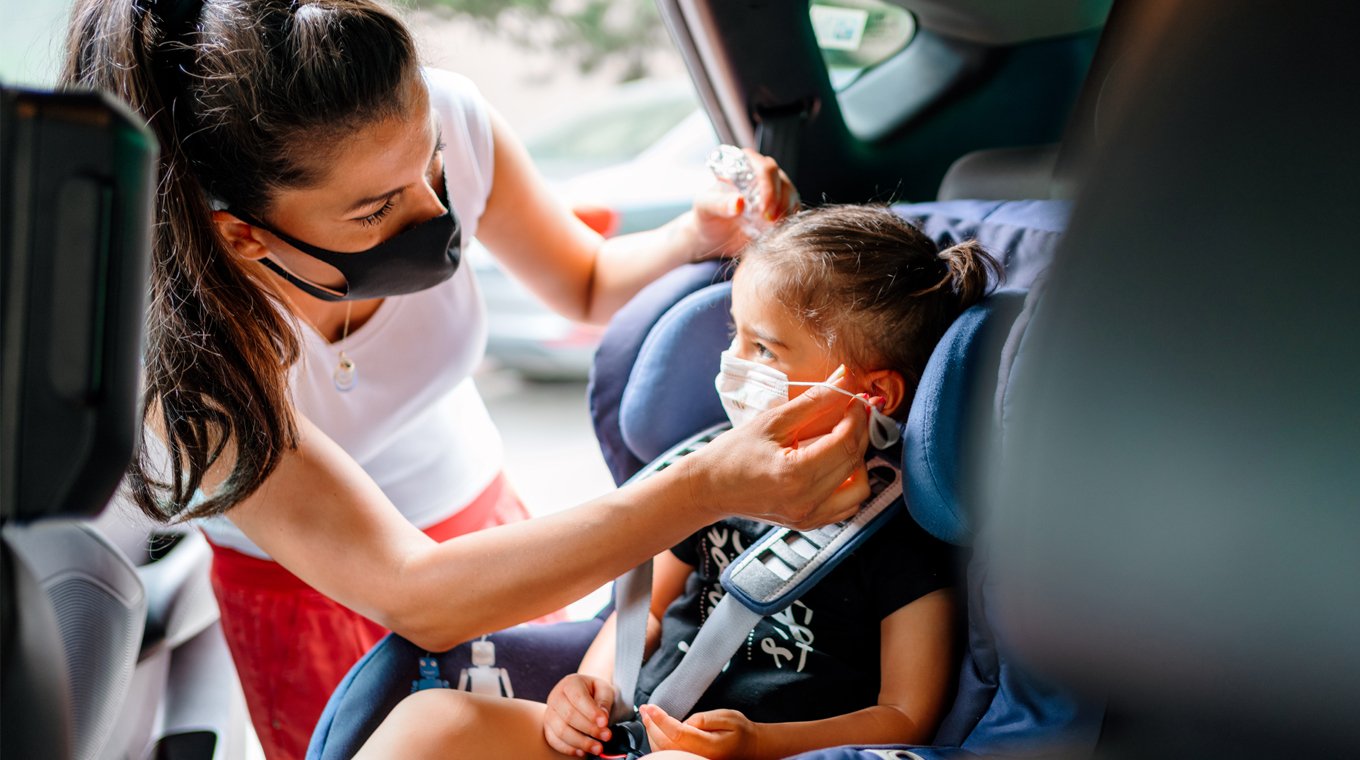
AAA’s spokesperson shared the following road trip tips with Mom.com:
Do your research (as you would do for any trip, before hitting the road):
- Understand the impact COVID-19 has had on cities and states you are traveling through and if there are any restrictions in place. AAA’s TripTik map service includes COVID-19 Travel Restrictions updated regularly to help plan your trip.
- Identify if rest stops are open along your route. This varies state to state. Gas stations, which are essential businesses, may be your best option for restroom facilities.
- Consider that access to restaurants and fast food dining rooms may be closed or limited to drive-thru/carry-out only. Pack enough meals to get you to your destination to limit stops.
- Keep in mind that some states may require a 14-day quarantine once you arrive to your destination, or your home state may do so when you return
- Identify what is opened (restaurants, stores, hotels). Are outdoor areas (beaches) open to sunbathing or just activity?
Keep an emergency kit in your car: Bring along a well-stocked first-aid kit, flashlight, car charger, and phone chargers. Add to it gloves, disinfecting wipes, and extra food and water, as well as face covers and disinfectant sprays/wipes. Also consider thermometers and extra medication.
Travel with all necessary travel documentation: Necessary IDs, as well as prescription and health insurance cards.
Make sure your vehicle is road-trip ready: Always check tire pressure, oil and brake fluids, the engine, and windshield wipers.
Take advantage of lower pump prices: Gas prices are significantly cheaper — nearly a dollar less — compared to this time last year. Expect to see an increase in demand for gasoline, in turn pushing pump prices higher, but it’s not likely that demand will return to typical summer numbers — making this year’s national summer average significantly cheaper than last year's.






